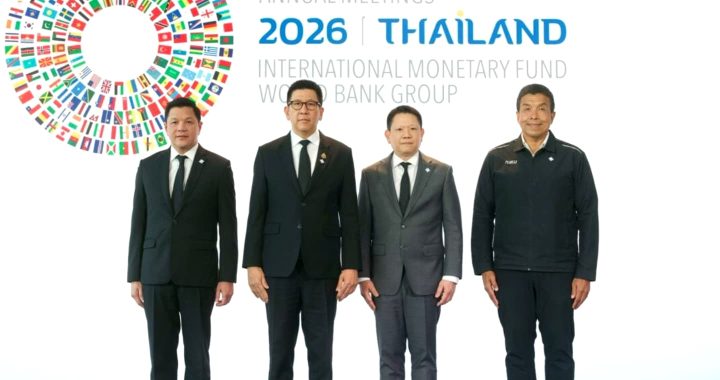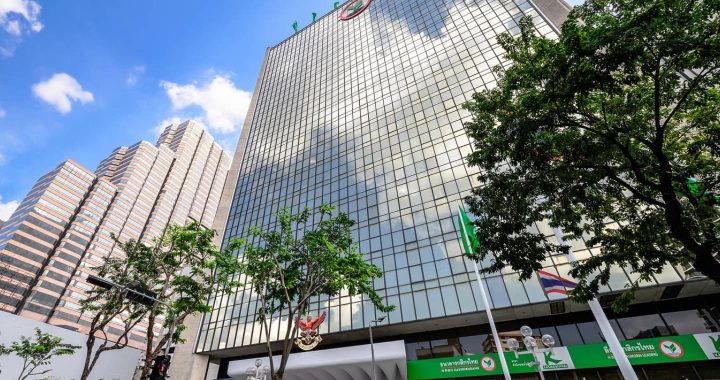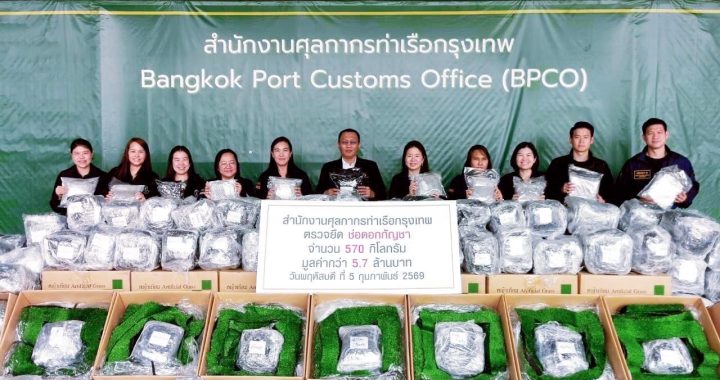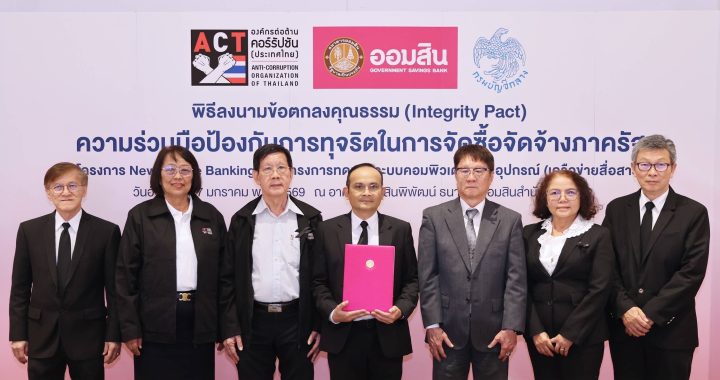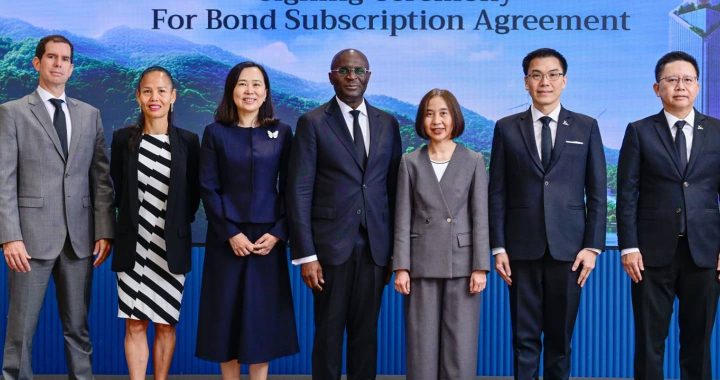KResearch Thai Firms Should Brace for EU CBAM Amid Global Green Push
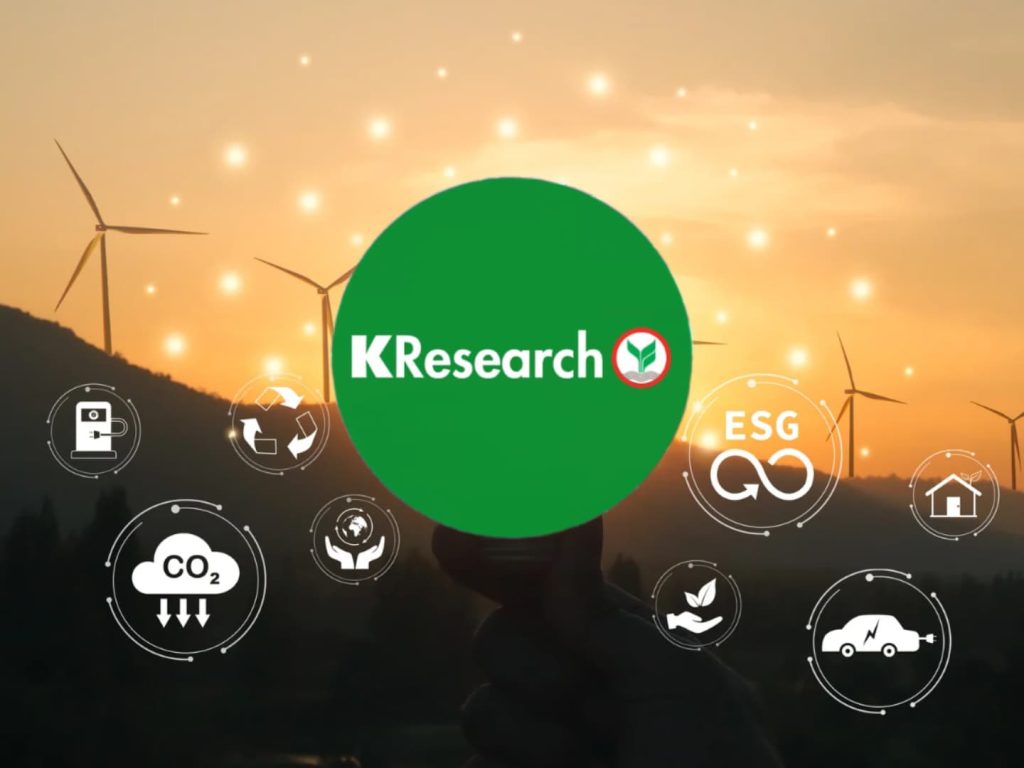
The European Union (EU) is set to begin collecting a carbon tax under theCarbon Border Adjustment Mechanism (CBAM) early next year. It is expected that related impacts on Thai exports may increase by around Baht 28 billion within 2030. Thailand still awaits the implementation of mandatory domestic measures, but delays in legislation could place Thai businesses at a competitive disadvantage. Most Thai industries continue to emit greenhouse gases above the EU CBAM standards, exposing them to the risk of higher costs. The period from 2025 to 2030 will be a critical turning point, where businesses that begin reducing greenhouse gas emissions early will gain a competitive edge.
Dr. Krit Sitathani, KResearch Assistant Managing Director, said, “Even though the US has delayed the implementation of matters related to sustainability, the EU – a key trading partner – is scheduled to begin collecting a carbon fee under the EU Carbon Border Adjustment Mechanism (CBAM), starting early next year. As a result, Thai imports into the EU may incur a carbon cost. The EU will gradually enact the measure until it is fully implemented after 2034. Furthermore, China and Japan are likely to implement similar measures, which means Thai entrepreneurs must urgently reduce their greenhouse gas emissions and disclose carbon data to maintain competitiveness.”
Mr. Jakree Pisarnpruek, KResearch Senior Researcher, said, “Thailand’s voluntary carbon market structure remains a limitation in creating incentives. Therefore, additional supporting measures are needed, such as unlocking regulations on the use of the power grid to promote clean energy consumption, including direct Power Purchase Agreements [PPA] and legislation that would close existing gaps, particularly the draft Climate Change Act, which would enable Thailand to implement a carbon tax and an Emissions Trading Scheme [ETS]. However, the delay in enforcing the draft Climate Change Act, estimated to be around two years after the EU CBAM takes effect, could cause Thailand to miss the opportunity to channel carbon fee revenues into a domestic fund to support local businesses, instead of paying those fees to foreign entities.”
Dr. Rujipun Assarut, KResearch Assistant Managing Director, added, “The EU CBAM is likely to have an increasing impact on Thai exports, expanding from the current coverage of goods valued at only Baht 11 billion to approximately Baht 28billion by 2030. Although Thai entrepreneurs are attempting to adapt by engaging in greenhouse gas reduction activities, most industries still emit greenhouse gases exceeding the EU CBAM standard, leading KResearch to estimate an average fine of Baht 500,000 per Baht 1 million of exports to the EU.”
KResearch suggests that Thai entrepreneurs currently face two choices: “wait or act,” whether to wait for foreign laws and pressures to take effect, or take immediate action to gain an advantage, reduce risks, and prepare for carbon taxes. The period from 2025 to 2030 is a critical turning point, and those who act first will have the upper hand. The key is to make the business “greener,” which does not necessarily require a large investment. Starting with basic measures, such as using energy efficiently, managing waste, or choosing environmentally friendly suppliers, can immediately reduce costs and enhance brand image, while also gradually adapting to international standards.
ศูนย์วิจัยกสิกรไทย เตือนผู้ประกอบการไทยเตรียมรับมือ EU CBAM ต้นปีหน้า






